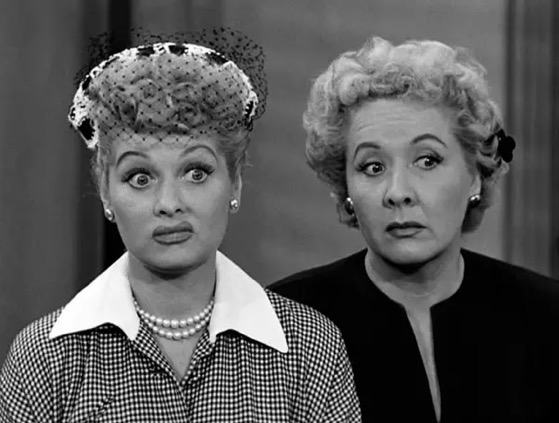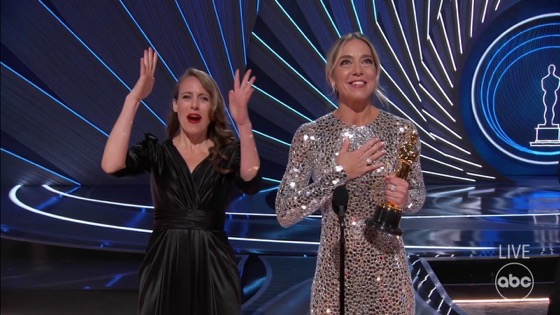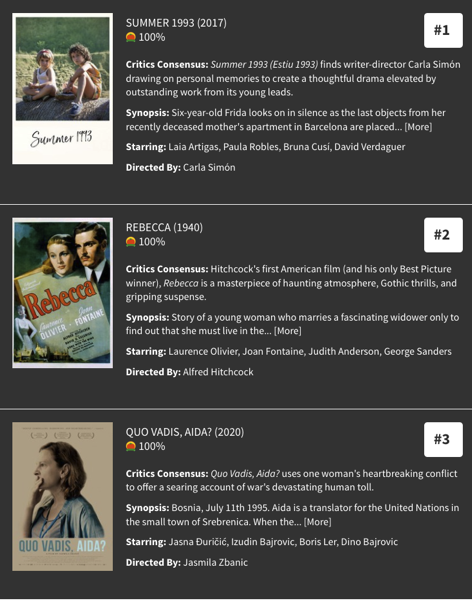I attended my first Broadcast Educators Association (BEA) conference last weekend on the invite of Dr. Ed Fink, my former department chair, and greatly enjoyed hosting a pitchathon for graduation bachelor students interested in creating their own television shows.
My co-panelists included two fun colleagues who have become good friends – Jon Vandergriff (Stephens College) and David Morgassen (CSUF). We gave feedback on 9 different pitches and followed it up with a Q&A about the world of being a professional writer. The audience was so interested and engaged that after our session ended, we all grabbed a table together and kept talking until we closed the venue down for the night.
Meeting potential MFA candidates is one reason to attend events like this one – but mostly it’s to make new friends in the academic world and strengthen the friendships you’ve already created; to learn how they approach the teaching of screenwriting or media history and bring those ideas back to my own classrooms.
On this trip, I met professors from Illinois and Michigan and reconnected with folks I’ve worked with at CSUF and elsewhere. Having lunch and hashing over which films or television shows to teach and how to best help students learn to analyze these in order to improve their writing is the heart of such a conference. Meeting the students and hearing their ideas is the icing on the cake.













![11 D. C. Fontana From Women in Early TV for the American Women Writers National Museum [Video]](https://rosannewelch.com/wp-content/uploads/2022/02/rmw-visible-stars-early-tv-11.jpg)

